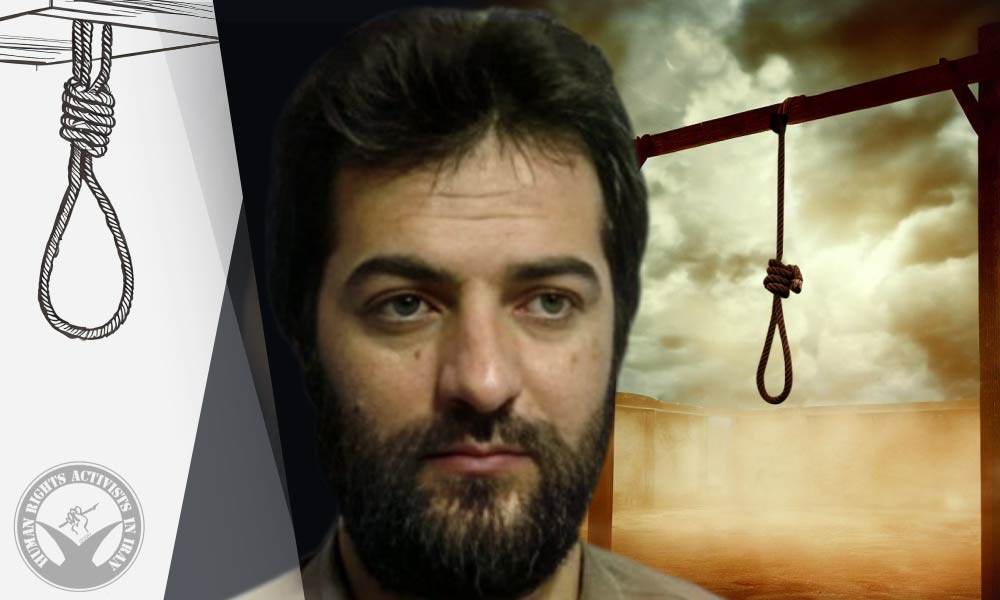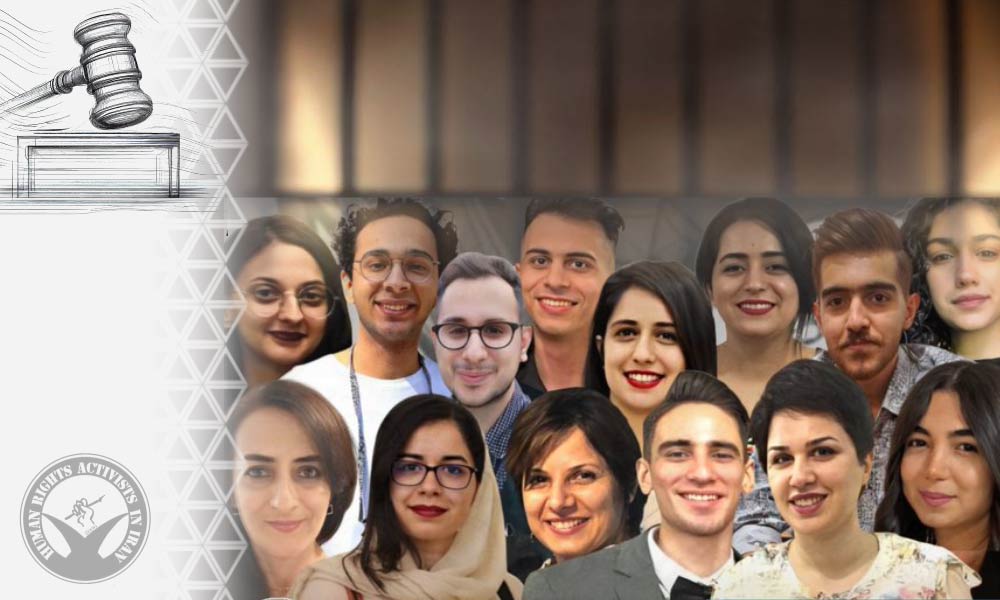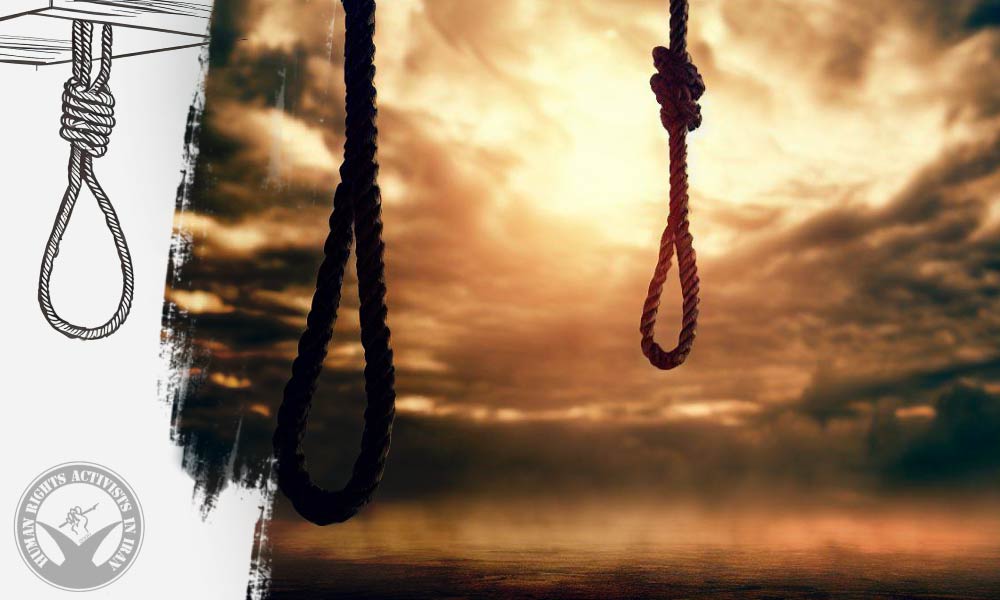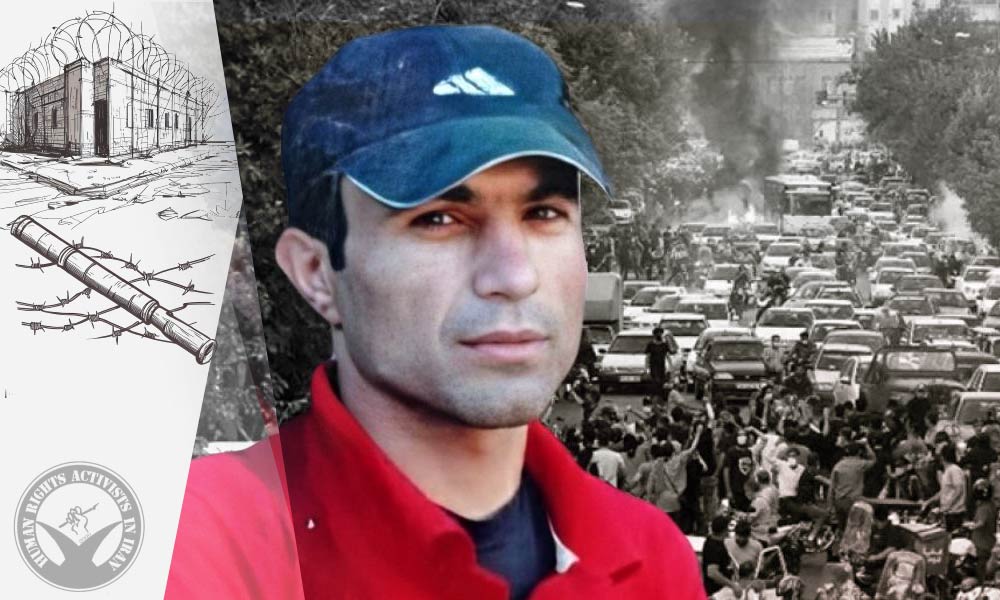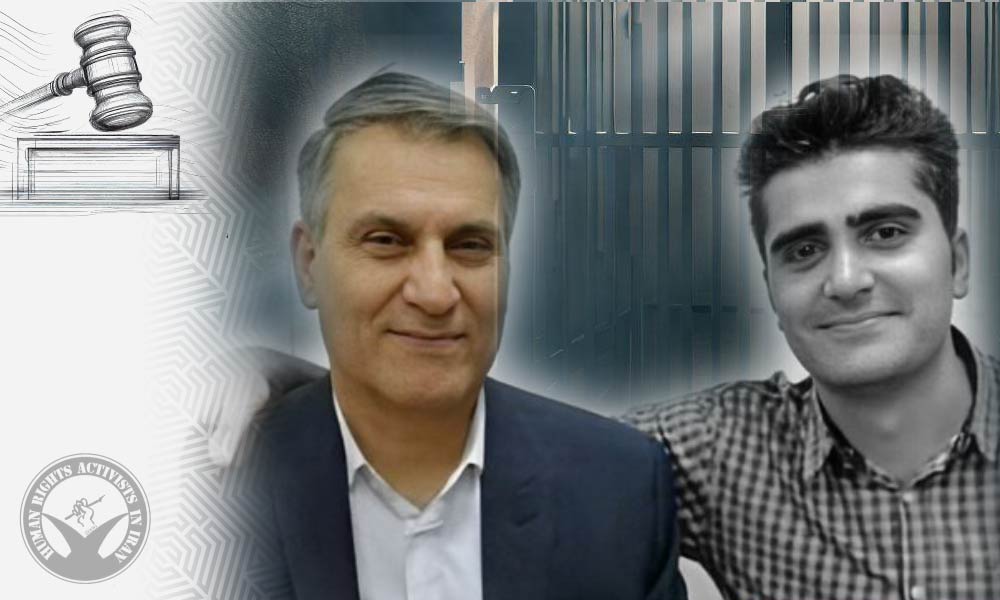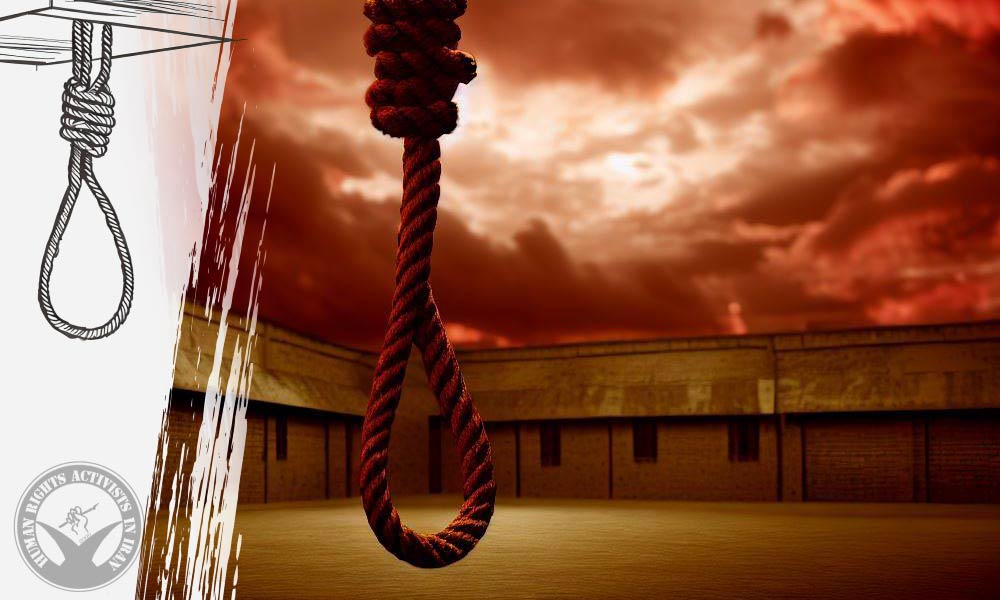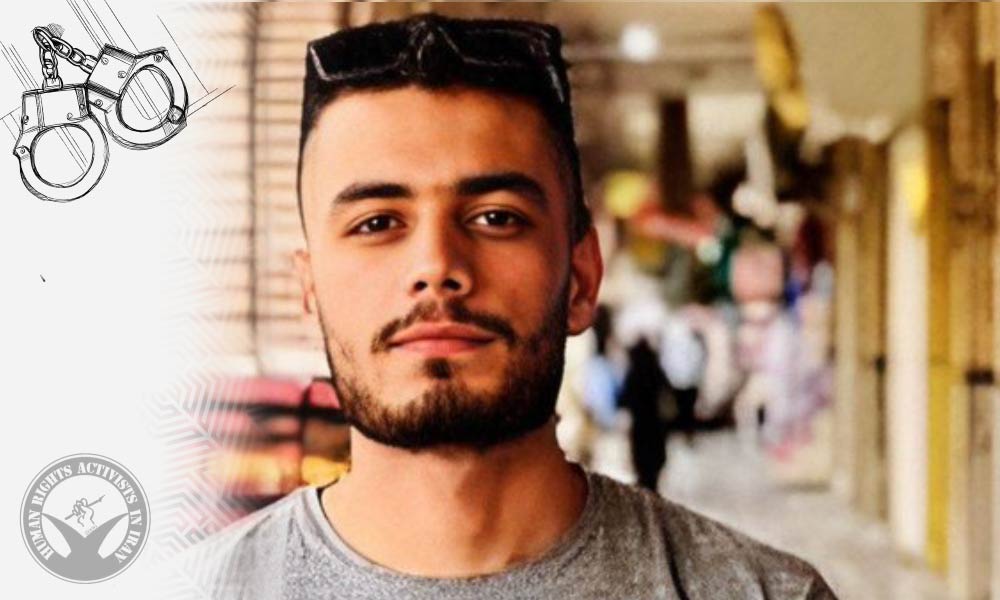On November 5, 2023, Ghasem Abasteh, a Sunni prisoner who had spent 13 years and 9 months behind bars, was executed in Qezel Hesar, Karaj.
Abasteh’s ordeal through the legal system began in January-February 2010 when he was initially arrested. After enduring 14 months of uncertainty in Evin and Urmia Prisons, he found himself in Rajai Shahr Prison, located in Karaj. This year, in August, he was transferred to Qezel (Ghezel) Hesar Prison.
Throughout his ordeal, Abasteh faced multiple charges, including the serious accusation of “enmity against God” (Moharebeh) due to his alleged sympathies with Salafi Groups, a religious movement within Sunni Islam, which he consistently denied.
In February-March 2016, he and six other Sunni prisoners received a death sentence from Branch 28 of the Tehran Revolutionary Court. However, this verdict was later overturned by the Supreme Court, leading to the case being transferred to Branch 15 of the Tehran Revolutionary Court.
Judge Salavati, presiding over this court, handed down the death sentence to these six individuals again on June 17 and 18, 2019. This time, the Supreme Court upheld the death sentence for Ghasem Abasteh, along with Anvar Khezri, Kamran Sheikheh, Farhad Salimi, Khosro Besharat, Ayoub Karimi, and Davoud Abdollahi.
According to data compiled by the Center of Statistics of Human Rights Activists in Iran (HRA), between October 10, 2022, and October 8, 2023, a total of 659 individuals were executed by hanging in Iran, representing a 24% increase compared to the corresponding period in the previous year. Seven of these executions were conducted publicly. Concerningly, many of the defendants were denied access to a fair trial and due process. For details and statistics, read HRANA’s report.



